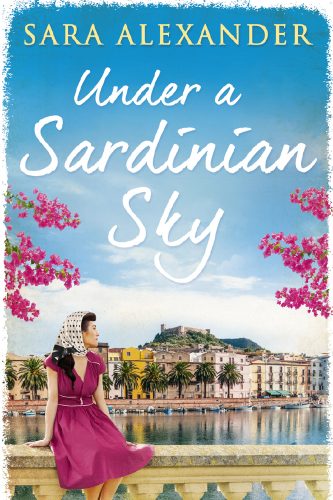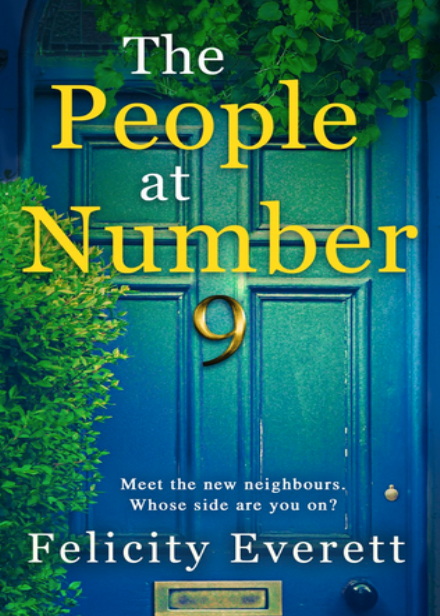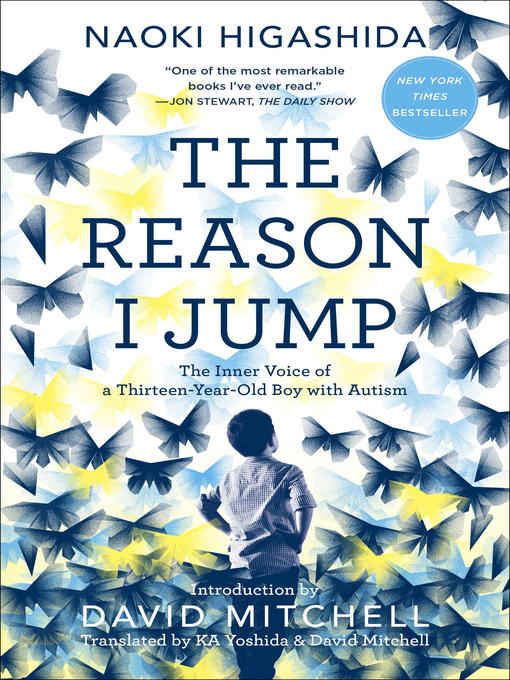
Sometimes writers use two stories when one would do.
As much as I enjoyed reading Sara Alexander’s debut novel, ‘Under a Sardinian Sky’, it definitely feels like a book with one story to tell – and with a largely irrelevant second story tacked onto the beginning and end.
What’s it about?
In 1952, Carmela Chirigorni, a farmer’s daughter in a small Sardinian village, is engaged to be married to the local catch – Franco, son of a wealthy, up-and-coming family. He’s handsome, passionate and ready to own a dutiful Sicilian wife. We meet Carmela as she is starting to experience some doubts about her future happiness as she reflects on her own life to come in this very traditional town.
Then she meets Joe.
Captain Joe Kavanagh is an American officer stationed at a local army base. He treats Carmela with respect, hires her as an interpreter and values her intelligence. He’s also married, with a very young son.
Fettered by her family’s expectations but increasingly anxious about her ability to play the dutiful wife to arrogant Franco, Carmela struggles with her growing feelings for Joe. What could her future be like, if she could bring herself to break her family’s hearts?
What’s it like?
Evocative. Tense. A little repetitive.
Firstly, this is a perfect summer read. The sights, smells and sounds of Sardinia are all there, but more fundamentally there is the food. Expect descriptions of baking, cooking and sumptuous meals being prepared and devoured with relish and attention. After all, an angry cook spoils her food, apparently. Alexander scatters depictions of cooking and eating liberally through the story and I defy you to read this without craving bowls of hot pasta and fresh delicacies.
‘She watched him dip a tied bunch of rosemary into a terra-cotta pot of olive oil and run it across the caramelised crackling of the suckling pig.’
This attention to detail is symptomatic of the whole: if you like your stories brisk and pacey then this isn’t for you. The story begins with a festival, Assumption Day, and readers who like a little wordiness will be delighted to learn that as the spectacle commenced, ‘The narrow houses that lined the square, crushed together like skinny matriarchs pushing against one another for attention, boasted long strips of red and green fabric hung beneath their weary shutters.’
The Romance
Marketed as a story of ‘hope, sacrifice and extraordinary love’ it’s obvious that the relationship between Carmela and Joe won’t be smooth sailing and Alexander successfully conveys the fears Carmela struggles with: can she sacrifice her homeland and family for love? Can she reconcile herself to the hatred she believes she will incur? As the story veers closer to completion, a new shadow arises: even if she chooses to sacrifice everything she holds dear, will her increasingly dangerous fiancé allow it?
These questions are what kept me reading, even though I was a little frustrated at times with the repetition of her situation and her feelings while there’s a significant lull in the actual action. Okay, okay, so this is a romance, not an action or crime novel, but I still felt that a little less agonising from Carmela would have rendered the middle of the book more inspiring to pick up. (I actually read two other books alongside this, which isn’t uncommon for me as I do like to read what I feel in the mood to read, but it shows that this didn’t consume me in the way a more tightly paced or plotted narrative would. Then again, I appreciate that this isn’t meant to be a gripping thriller but more of a feast for the senses… Nope, I still wanted a little less fretting and a little more action.)
The final part of Carmela’s story is quite tense and I was just wondering excitedly how the story would develop when – it didn’t. Abruptly, her voice vanished and the reader is jolted to find Mina, still wondering what, precisely, became of her Aunt Carmela.

Sara Alexander, author
Thoroughly Modern Mina
I imagine some readers will love this device. The teasing. The waiting for the drama to unfold. The desire to know WHAT HAPPENED TO CARMELA?
Personally, I wanted to continue following Carmela directly and wasn’t sure that the framing of the central story with Mina’s story added much value. I often read the first few pages of a book before deciding whether or not to purchase and the whole tone of Mina’s voice in the opening chapter is so different to the main story that I think I would have felt slightly cheated if I had bought the book based on her voice. I also kept expecting her voice to emerge again earlier on in the book, as is implied by the blurb (‘Mina follows the threads of Carmela’s life’). It didn’t, which made me question the point of it. Basically, if a framing device was required, I’d have preferred a different one.
Final thoughts
Read this for the sumptuous descriptions of food and the insight into what life was like for women in small Sardinian towns in the early 1950s. Alexander does well at incorporating historical details without making them obvious and the portrayal of Carmela’s difficulties in choosing a path for the rest of her life is convincing.
The ultimate ending is made-for-film and I can see its appeal, but I like knowing that Alexander originally had a different ending. Intrigued? Read it and decide: what ending would you create?
‘Under a Sardinian Sky’,
Sara Alexander,
HQ, 2017, ARC paperback
Many thanks to the author and publishers for giving me a free copy of this book in exchange for an honest review.


